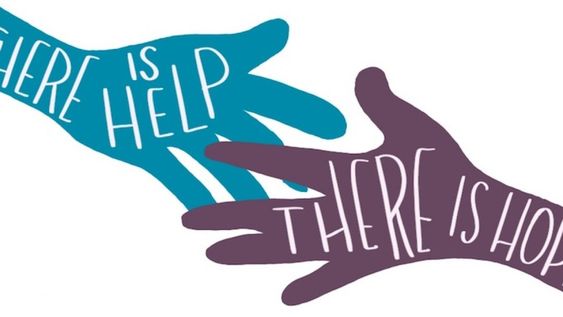Introduction:
Suicide is a serious public health problem that affects people of all ages, backgrounds, and walks of life. It's a leading cause of death worldwide, and its impact on families, friends, and communities is devastating and long-lasting. Understanding suicide prevention is crucial. It's not just about recognizing warning signs; it's about fostering a culture of support, empathy, and open communication.

This post aims to provide guidance on how to help someone who might be suicidal. We'll explore the warning signs, how to have a conversation about suicide, and where to find resources and support. Remember, you don't have to be a mental health professional to make a difference in someone's life.
Recognizing the Warning Signs:
Identifying the signs that someone might be considering suicide can be challenging, but it's a crucial first step. While not everyone exhibits clear warning signs, common ones include:
- Talking about wanting to die or kill themselves: Any mention of suicide should always be taken seriously, even if it seems like a passing thought.
- Expressing feelings of hopelessness or being trapped: A sense of despair and an inability to see a way out can be strong indicators.
- Increased substance abuse: Turning to drugs or alcohol as a coping mechanism can signal an underlying struggle with mental health.
- Social withdrawal and isolation: Withdrawing from friends, family, and activities they once enjoyed can indicate a deepening sense of loneliness and despair.
- Giving away possessions: This seemingly unusual behavior can sometimes be a sign that someone is preparing for the end of their life.
- Sudden mood changes, especially after a period of depression: While positive changes can be a relief, sudden shifts can also signal a decision has been made about ending one's life.
How to Help:
If you notice warning signs in someone you know, it's essential to act. Here's how you can help:
- Start a conversation: Approach the person with empathy and concern. Let them know you care and are there to listen without judgment.
- Ask directly about suicide: This can be difficult, but it's important to be direct. Asking the question won't put the idea in their head, and it shows you're taking their feelings seriously.
- Listen without judgment: Create a safe space for them to share their thoughts and feelings. Avoid interrupting or offering solutions unless asked.
- Encourage them to seek professional help: Offer to help them find a therapist, counselor, or psychiatrist.
- Stay connected: Don't underestimate the power of your presence. Check in regularly, offer support, and remind them they are not alone.





